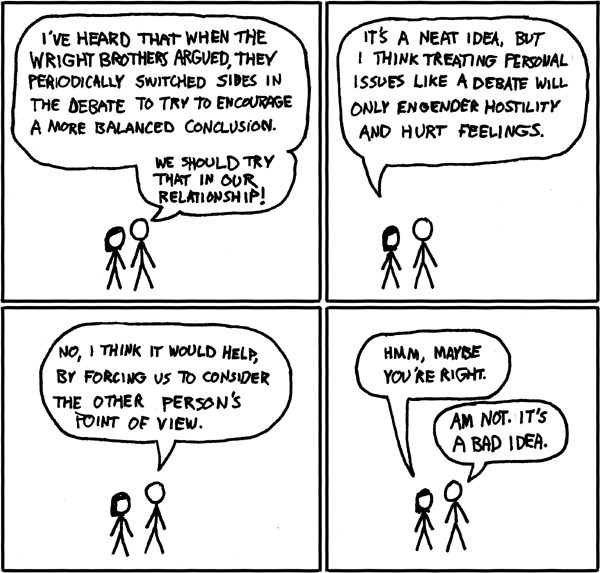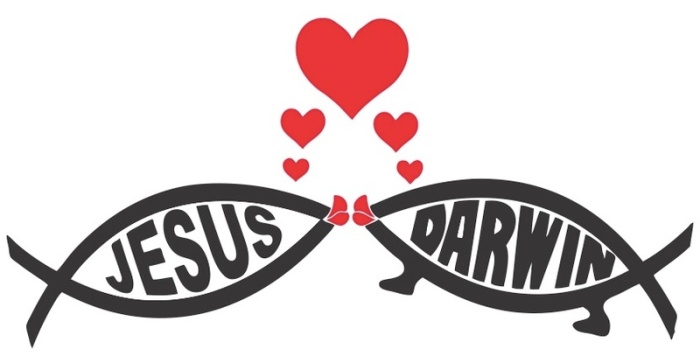
First observer report is due on Monday! The outline for the observer report is on the back of the debate rubric. In case you need it, here are the expectations for the observer report.
Observer’s Reports:
On days you are not debating, you are still expected to actively participate by taking notes and asking questions. You will be expected to write two “observer’s reports” (~1.5 pages) detailing:
- what you saw and heard during the debate
- what the most convincing arguments on both sides were
- which side you ultimately sided with on the issue and why (should be the largest part of your report)
Observer reports are not meant to be formal papers – rather, they simply show me that you were engaged in the discussion, learned something meaningful about both sides, and took the time to carefully consider the moral implications of the issue.
Roundtable Debate Rubric: MoralityModernIssuesRoundTables
Debate Guidelines: MoralityDebateExpectations
Thanks to all the groups that have gone this week – I’ve been impressed by your capacity to look at these issues seriously and consider various perspectives.
To all the groups going next week, notice what went well or what could be improved – and DO that! You’ve got the precedence of your brave, trailblazing peers to help you improve your own project. Use that privilege!




You must be logged in to post a comment.